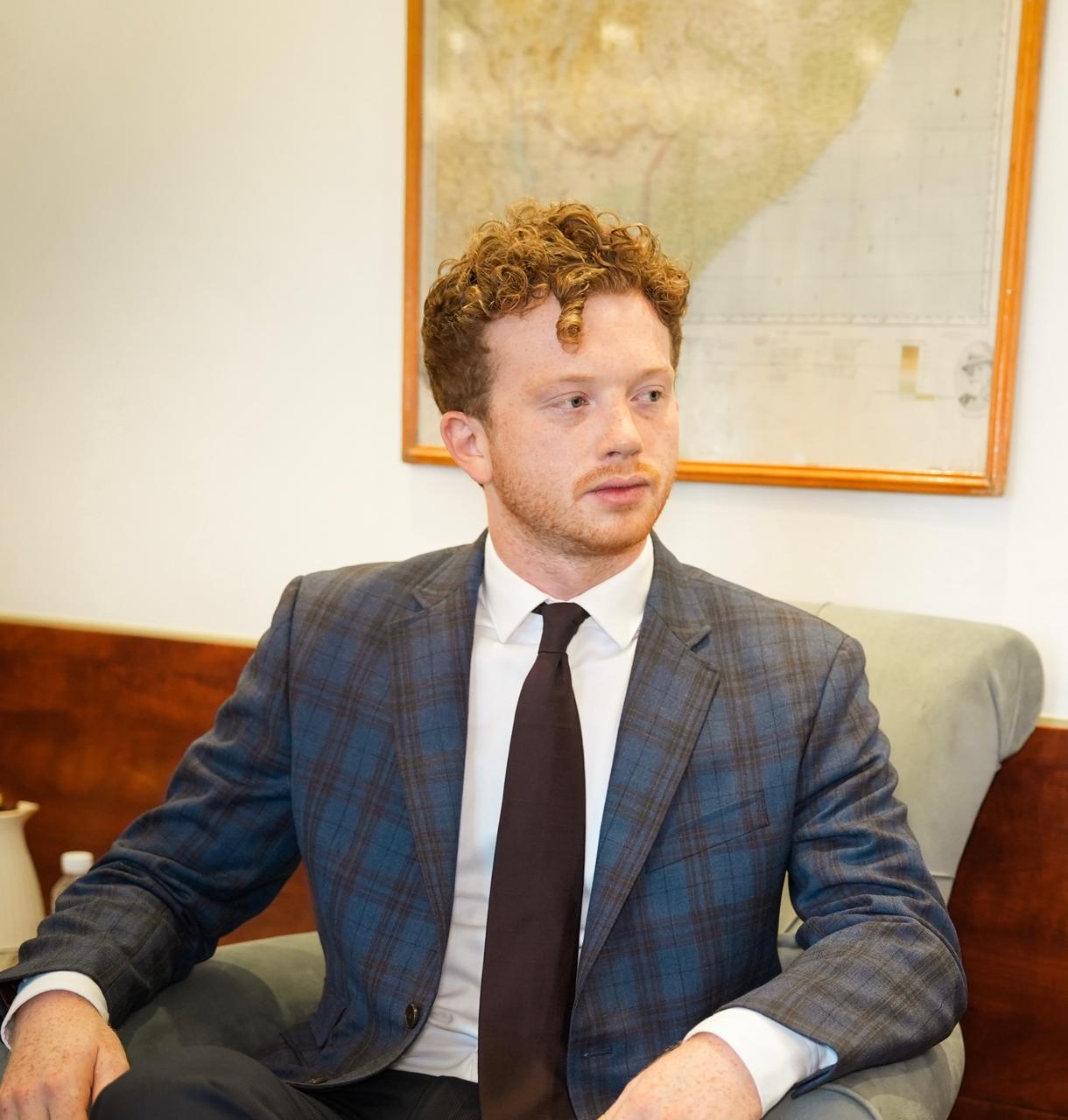On Monday morning, British Prime Minister Sir Keir Starmer began a regional tour of the Gulf starting in the United Arab Emirates. Starmer’s visit comes amidst a relaunch of his premiership, after a turbulent 100 days in power, as he sets out his foreign policy priorities for Britain.
Starmer’s visit to Abu Dhabi comes when the Labour party attempts to shift the dial away from domestic issues. Tax hikes on income, capital gains, and the removal of any ‘charity status’, that affords Britain’s independent schools a VAT exemption, continues to cause upset in and out of the British Labour Party. The Chancellor of the Exchequer, Rachel Reeves, faced calls to backtrack on budget cuts, announced in the Autumn budget, that would see social security cut to British pensioners.
The Chancellor justified the budget as a "tough but needed" decision after 14 years of Conservative rule yet Reeves faced criticism from her own party.
Starmer’s overseas engagements are politically calculated. Starmer’s visit to the Gulf follows a state visit attended by Qatari Sheikh Tamim bin Hamad al-Thani who dined with His Highness King Charles III and Queen Camilla at Buckingham Palace last week.
Sheikh Tamim’s red carpet arrival in London and Starmer’s visit to Gulf capitals aligns with Britain’s bid to deepen relationships with old friends whilst posturing for new Free Trade Agreements outside of the European Union. London’s bid to achieve a FTA with the Gulf Cooperation Council post-Brexit has been on the table since the vote in 2016. Stagnant growth, declining infrastructure, and sluggish real economic growth are real factors driving Starmer’s agenda to attract GCC investment in UK property market, green energy output, and rail infrastructure in Britain.
The GCC is equivalent to the UK's fourth largest non-EU export market behind the US, China, and Swizterland as the UK exports 71% of it's MENA exports to the GCC.
Trade with the GCC is up, from the same quarter last year, in every GCC state with a noticeable rise in the export of oil and gas from Abu Dhabi to London. Plans to diversify, under Vision 2030, across the GCC offer tangible opportunities for technological transfer in green technologies. High capital inflows and favourable physical geography allows the GCC significant capacity to make use of capital investment in London’s property market, renewables and electric vehicles.
Qatar, for instance, is developing one of the largest solar energy projects in the region: Al-Kharsaah solar power plant. This plant is worth 467million (USD), expected to produce around 800 megawatts of electricity, contributing significantly to Qatar’s greenward shift.
In order for Starmer to elevate Anglo-GCC cooperation, Starmer must make full use of British diplomacy. Unfamiliar with the Arab world, the Labour government must take advantage of British pageantry, it’s world-class education system, and showcase the very best of Britain’s Arab diaspora.
Only personal ties with President Mohammed bin Zayed and the Crown Prince, Mohammed bin Salman, will secure sustained levels of trade, investment, and social capital between Britain and the GCC. Reliance on numbers will not work.



